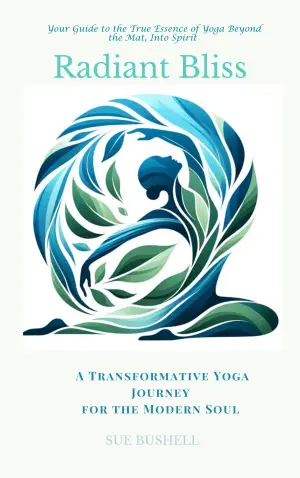Dinosaurs, Dilemmas, and Dr. Grant: A Reflection on Jurassic Park
As a lifelong dinosaur enthusiast, I finally caved and picked up Michael Crichton’s Jurassic Park after years of avoiding it. To be honest, I was initially hesitant; I already adored the franchise through Spielberg’s film, and I feared the original text might not measure up. Yet, I was drawn in by the allure of apex predators and the ethical dilemmas of playing God. After grappling with the book, I found a tapestry woven with tension—both thrilling and contemplative.
Jurassic Park is an enthralling read that basks in the duality of wonder and horror. Crichton dives headfirst into the implications of scientific advancement, exploring themes of chaos theory, corporate greed, and the unpredictability of nature. The plot spins around the catastrophic consequences of cloning dinosaurs for a dinosaur theme park—conceptually absurd and yet somehow feeling all too plausible. Here, the reader finds the charismatic John Hammond, an egocentric grandpa figure who believes humans can control nature, and Dr. Alan Grant, the grounded paleontologist with charm and skepticism, who embodies reason amidst the chaos.
I must admit, the scientific inaccuracies slightly irked me—like the myth that T-Rex had "poor" vision based on movement. As a dino nerd, I know the real T-Rex had exceptional eyesight. However, I recognize that fiction allows for creative liberties, and sometimes it’s those very inconsistencies that spark debate. But let’s be real; I can’t help but smile at the visual of a T-Rex resembling my cat Edward obsessively eyeing birds from the window!
Crichton’s visceral writing steals the show, particularly during scenes that unveil the T-Rex in all her terrifying glory: “She’s as large as a bloody building…” captures the awe and dread perfectly. Memorable moments like Grant’s tense anticipations and Malcolm’s cynical quips stick with you, underscoring their distinct personalities. I found myself rooting for the morally sound characters—like Ellie Sattler, who single-handedly saves the day amidst rampant sexism.
Yet, there’s a caveat: the book embraces a level of graphic violence that can be jarring, especially when juxtaposed with the film. My heart sank at the notion of the army bombing dinosaurs—true animal lover vibes, here. I must admit, I prefer the film’s more uplifting ending where Rexy survives; it helps maintain hope in a world where extinction feels all too certain.
While there were some issues—too many characters and subplots that felt unnecessary—my enjoyment was sincere. Rating it a solid three stars, I recognize Crichton’s groundbreaking work while yearning for a tinge of more compassion. Perhaps, in a parallel universe, our beloved dinosaurs find their reprieve.
In conclusion, Jurassic Park is an exhilarating, thought-provoking read perfect for sci-fi fans, dinosaur enthusiasts, and anyone drawn to the ethical quandaries of modern science. If you’ve ever pondered what it means to coexist with nature, it’s worth diving into Crichton’s world—both for its historical significance in pop culture and for the thrill of that iconic line: “Life finds a way.” Ultimately, this book reminded me of my own complexities, where fascination and ethics intertwine, proving once again that sometimes embracing our nerdy side is exactly what we need.
Discover more about Jurassic Park (Jurassic Park, #1) on GoodReads >>













